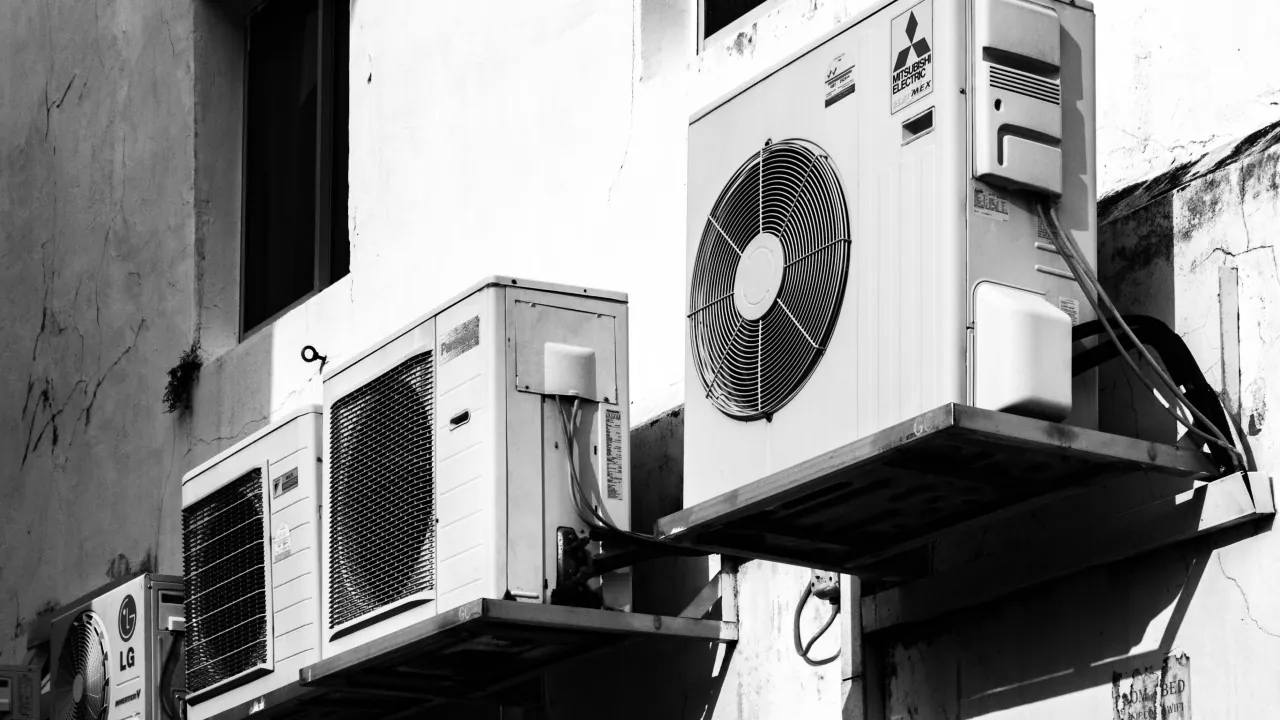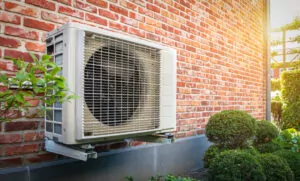Air Conditioning Terminology Explained: What Every Homeowner Should Know

When your air conditioning system breaks down or you start thinking about a new system, HVAC techs throw around terms that can sound like a different language. SEER ratings, BTUs, short cycling, variable speed—these phrases matter, especially if you’re making decisions that affect your comfort and utility bills.
In this guide, we break down the most common air conditioning terms every DC-area homeowner should know. Whether you’re dealing with AC repair, planning a replacement, or looking into installation options, this article will help you understand exactly what your technician means—and what choices are right for your home.
Air Conditioning Basics Every Homeowner Should Know
What is a SEER Rating and Why It Matters
SEER stands for Seasonal Energy Efficiency Ratio. It measures how efficiently an air conditioner operates over a season. The higher the SEER rating, the more energy-efficient the unit. For homeowners in DC, choosing a SEER rating of 14 or higher is often recommended to balance efficiency and upfront cost.
The Role of BTUs in Cooling Performance
BTU stands for British Thermal Unit. It tells you how much heat an AC system can remove from a room per hour. Bigger isn’t always better—if the BTU level is too high for your space, it may cool quickly but leave humidity behind. Undersized systems overwork and break down faster.
Differences Between Central AC, Ductless, and Heat Pumps
Central AC uses ductwork to cool the entire home. Ductless systems (mini-splits) are great for room-specific cooling and homes without ducts. Heat pumps provide both heating and cooling and are especially efficient in mild climates like DC.
AC Repair Terminology You’ll Hear From a Technician
What “Short Cycling” Really Means
Short cycling is when your AC turns on and off too frequently. It often indicates oversized units, refrigerant problems, or electrical issues. It also raises your energy bill and shortens your system’s lifespan.
Understanding Refrigerant Leaks and Low Charge
If your AC isn’t cooling well, a refrigerant leak might be the cause. Terms like “low charge” or “refrigerant loss” mean the system doesn’t have enough refrigerant to function efficiently. It’s not a fuel you use up; it’s a closed-loop system that should never run low unless there’s a leak.
When You Hear “Capacitor” or “Compressor”
Capacitors help start and run the AC motor. When they fail, your system may not turn on or may struggle to stay on. The compressor is the heart of your AC. If it fails, you’re often looking at major repairs or a full replacement.
Air Conditioning Installation & Replacement Terms That Affect Cost
Single-Stage vs. Variable-Speed Systems
Single-stage systems run at full power or not at all. Variable-speed units can adjust output to match demand, which improves efficiency and comfort. They cost more upfront but save money over time.
What Does a Manual J Load Calculation Involve?
This is a calculation HVAC pros use to determine the right size system for your home. It considers square footage, insulation, windows, and more. Skipping this step can lead to oversized or undersized systems, both of which create problems.
The Truth About Tonnage in Residential ACs
Tonnage doesn’t refer to weight. It measures how much heat the system can remove in an hour. One ton = 12,000 BTUs. A 2.5-ton system removes 30,000 BTUs. Your home size and insulation level dictate what tonnage is right for you.
Why This Terminology Matters for DC Homeowners
In Washington, DC’s humid climate, making informed choices about AC installation, repair, and replacement can reduce breakdowns and improve energy efficiency. Understanding these terms makes it easier to:
- Ask the right questions
- Spot when something sounds off
- Compare quotes confidently
Whether you’re booking AC repair, exploring installation options, or considering a full replacement, clear terminology helps you make smarter decisions.
For a full list of services, visit our air conditioning page.
Our expert insight
Want to know what separates good HVAC companies from great ones? This Authority Magazine interview with Dario Compain shares honest insights from a seasoned pro.
Knowing the language of your air conditioning system puts the power back in your hands. The next time your technician mentions a compressor, SEER rating, or short cycling, you’ll know exactly what they mean—and what to do about it.
Contact Us Today Full Width



